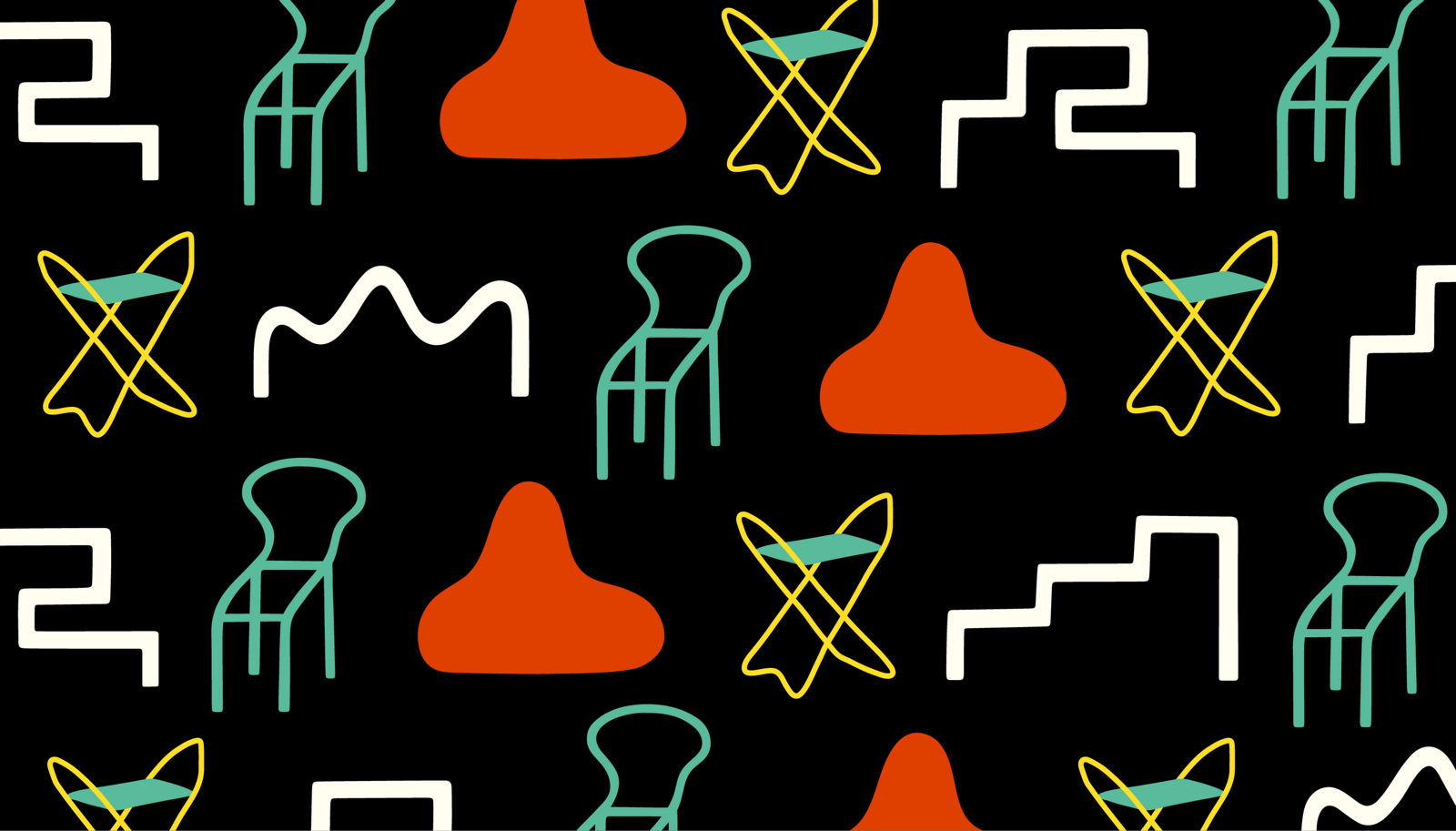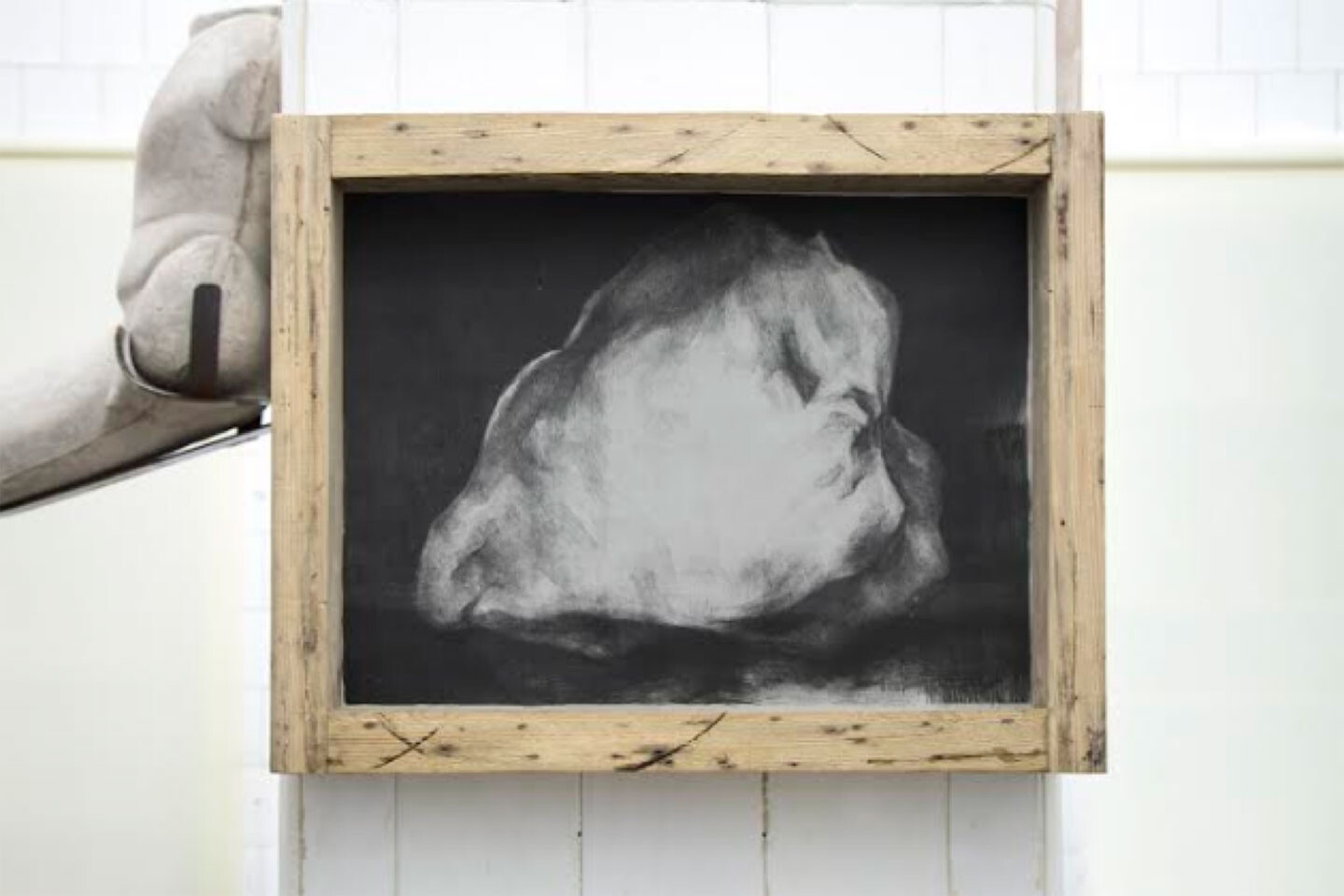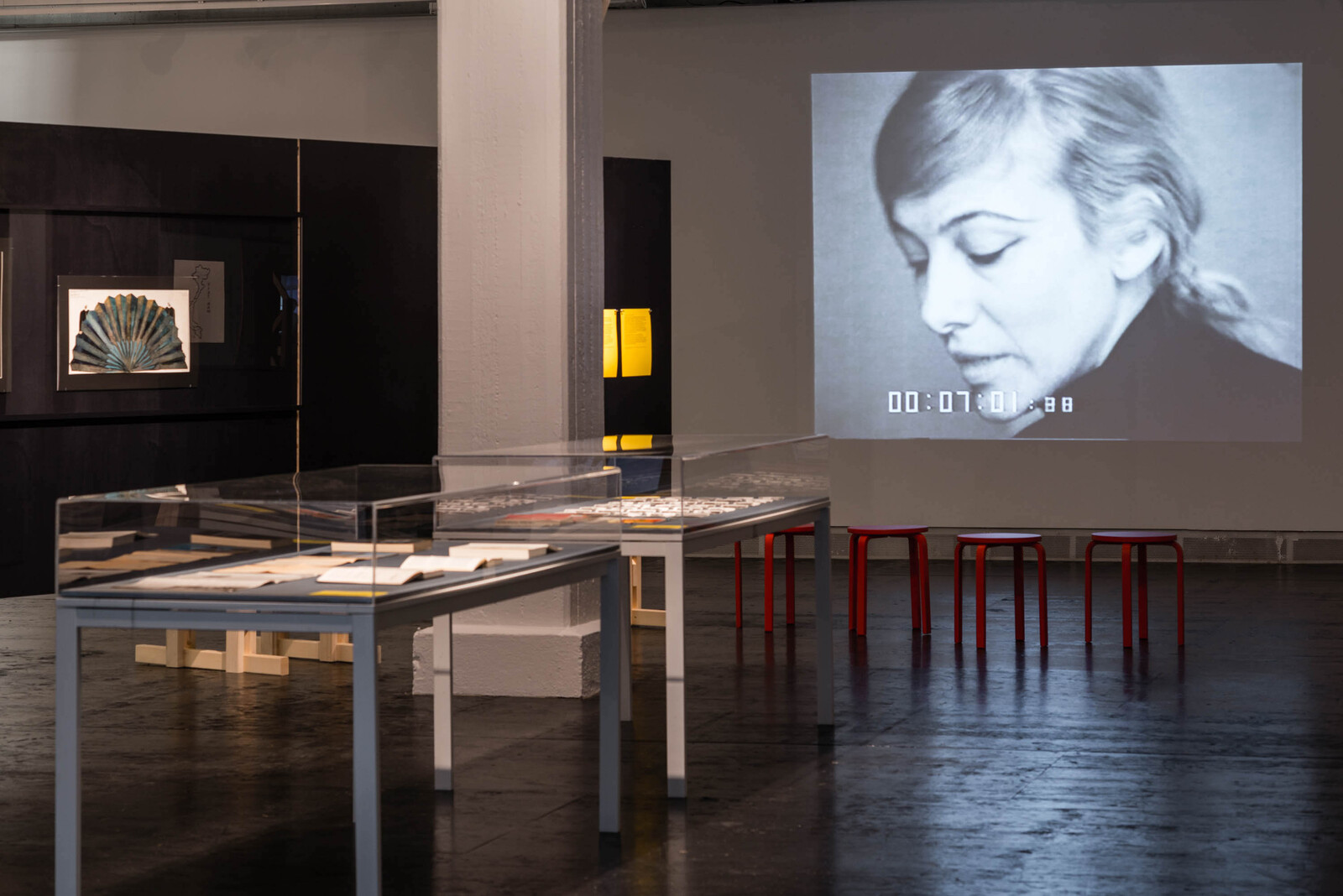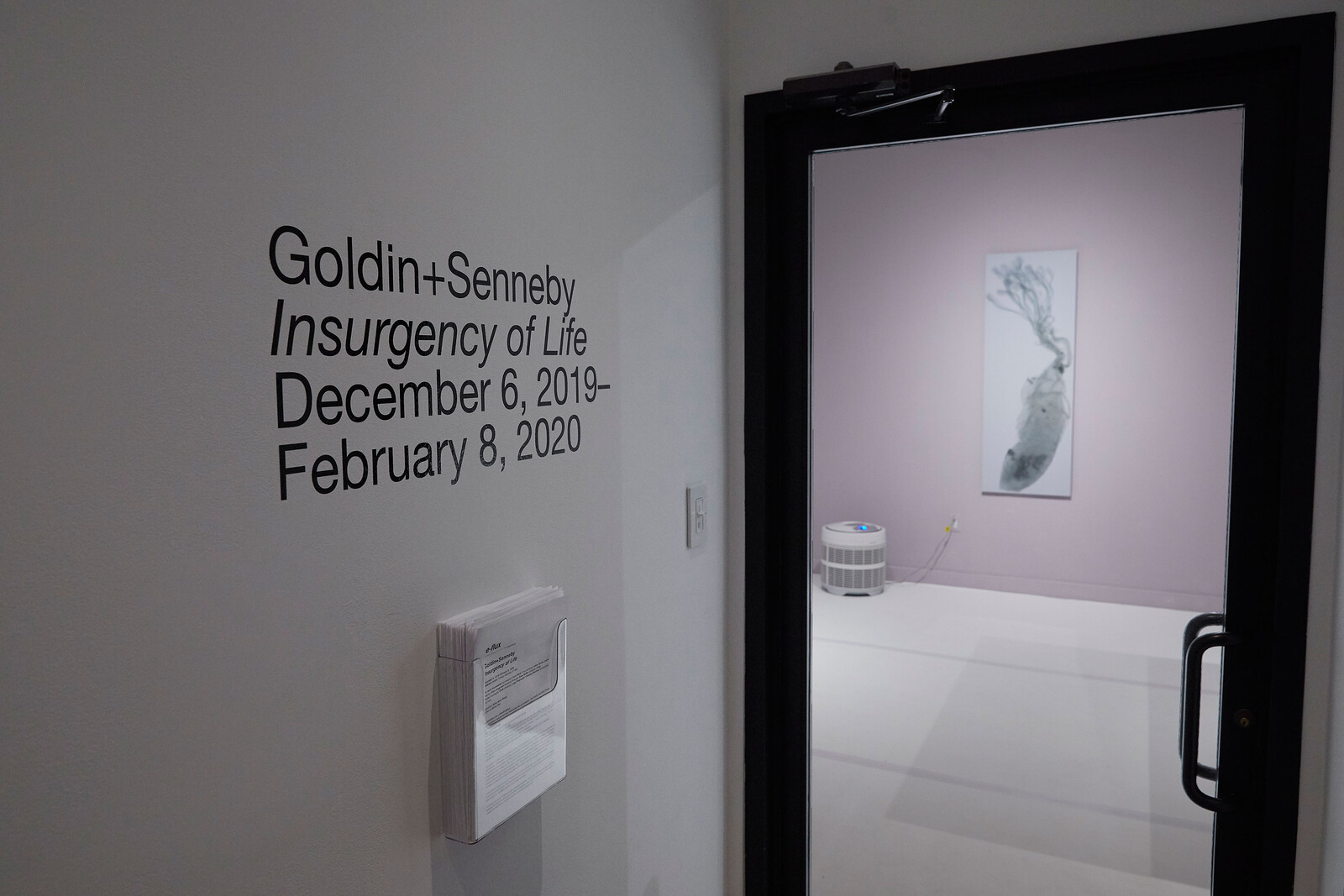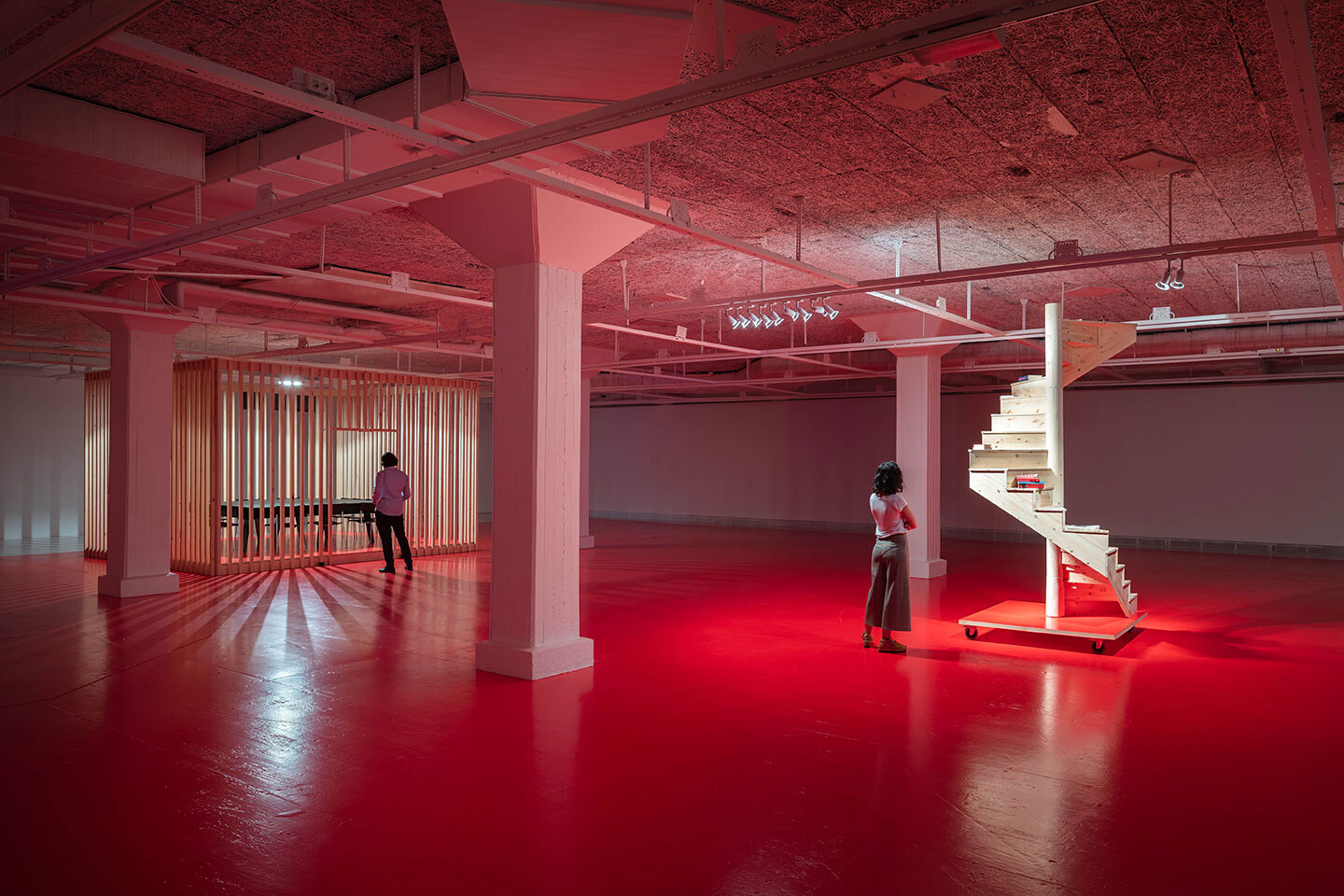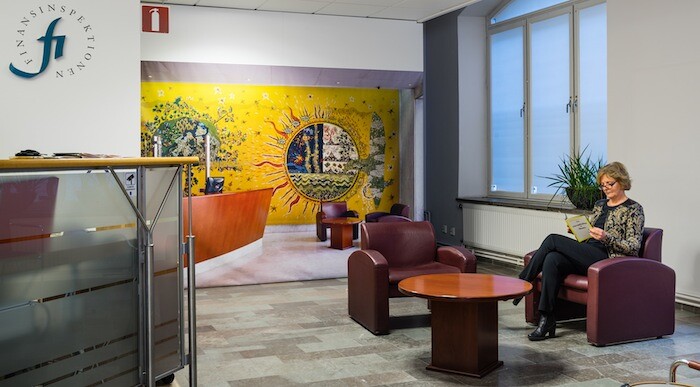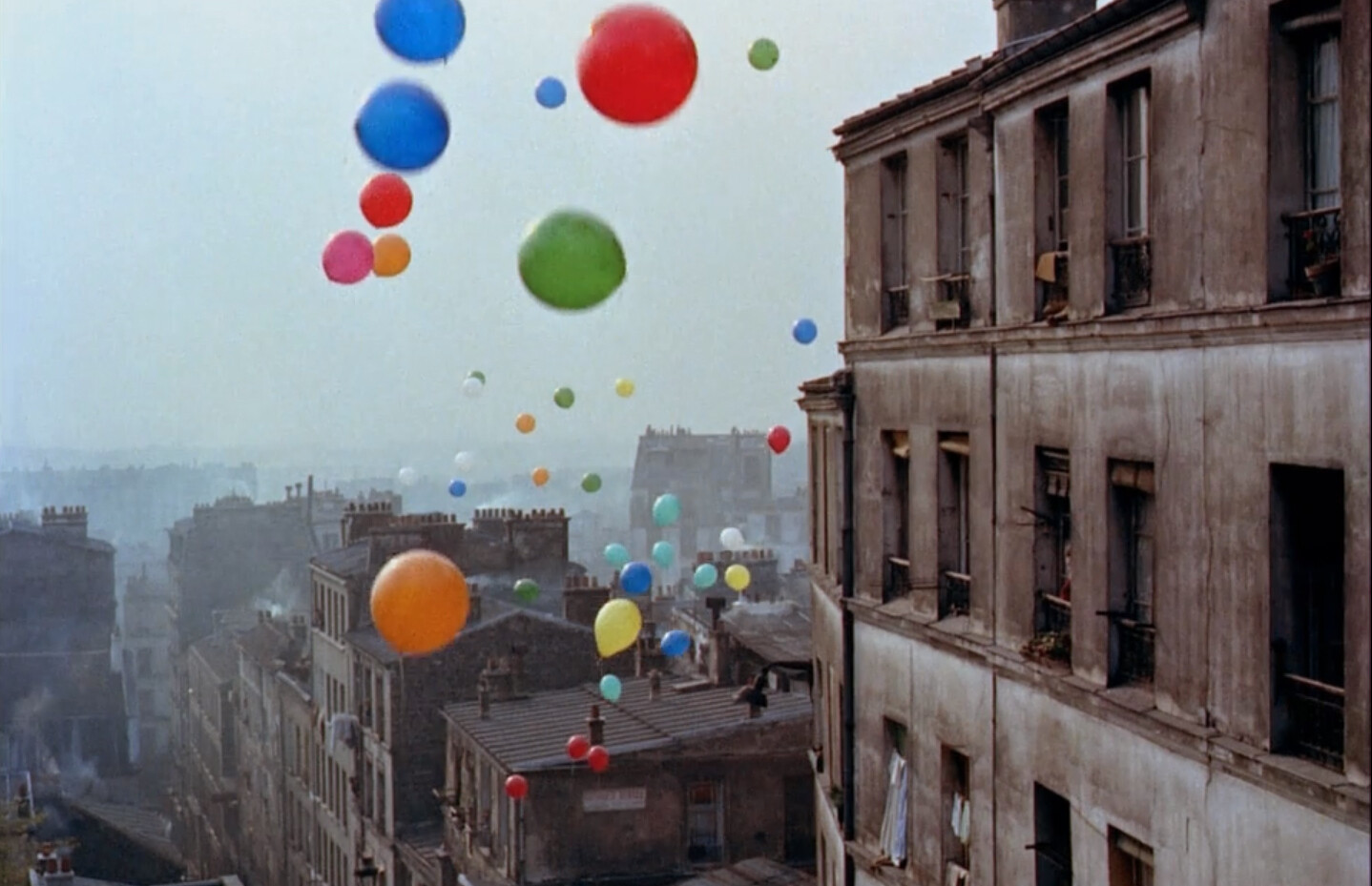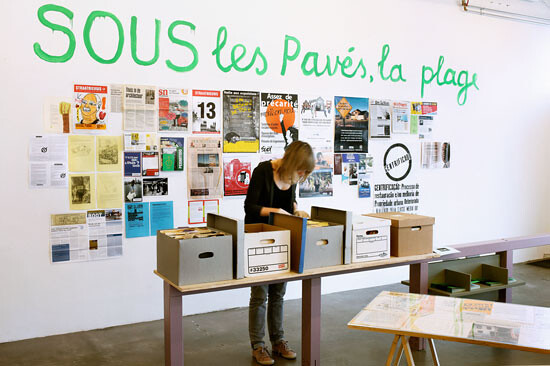Every time I hear the argument in politically engaged art circles that art-making as we know it—whether discrete art objects, research-based work, or more performative practices—cannot continue under the conditions imposed by the politics of hard-line right-wing governments, I am reminded of Refined Still Life #1. Because I disagree: now is the time to intensify our focus upon art as it has been practiced, in all its variety—perhaps with new distinctions.
The allergic fungal sinusitis I was diagnosed with probably had to do with my allergic sensitivity to pollen and cats, as well as all fresh fruit and most vegetables. As a psychological and social tendency, oversensitivity is familiar in popular culture as well as in the fine arts. We know a lot about high-strung individuals and their inner life, whether male geniuses, hysterical women, or something in between. In comparison, physical oversensitivity is not very well understood in medicine, culture, or society. And yet I share the condition with many other people. The World Allergy Organization states that 10 to 40 percent of the world’s population suffers from allergies. They predict that by 2025, half of the population of Europe will suffer from one allergy or another.
Free love and camaraderie were at the core of Kollontai’s thinking, for her novels and essays describe love as a force that frees one from bourgeois notions of property. As an influential figure, a rare woman in the Bolshevik Party leadership, and commissar for social welfare in their first government, she not only set up free childcare centers and maternity houses, but also pushed through laws and regulations that greatly expanded the rights of women: divorce, abortion, and recognition for children born out of wedlock, for example. She organized women’s congresses that were multiethnic in the way the young Soviet Union practiced controlled inclusion, following Western models. At the time, these were unique measures that were soon overhauled by Stalin, who did not appreciate any attempt at ending what Kollontai called “the universal servitude of woman.”
